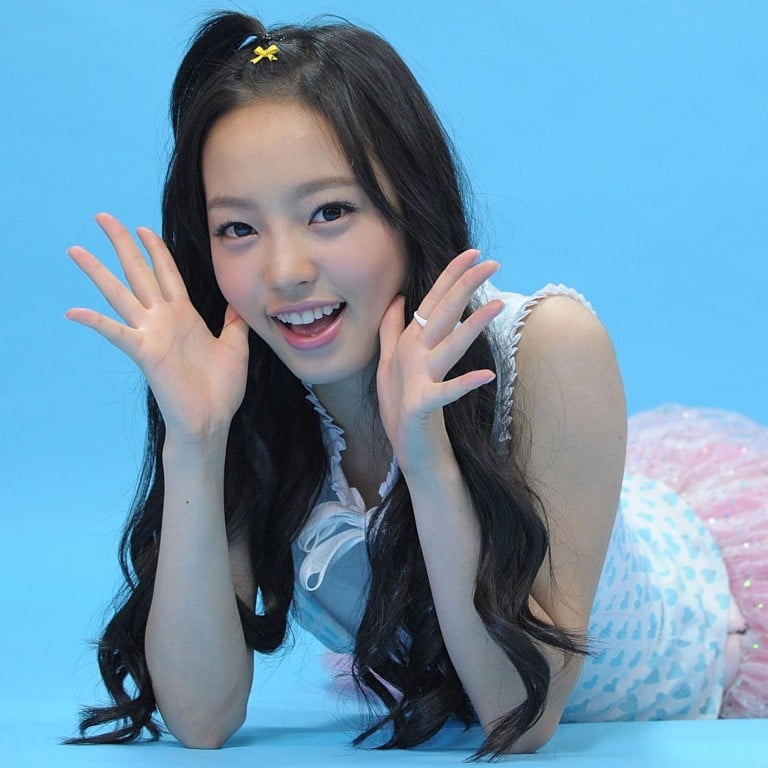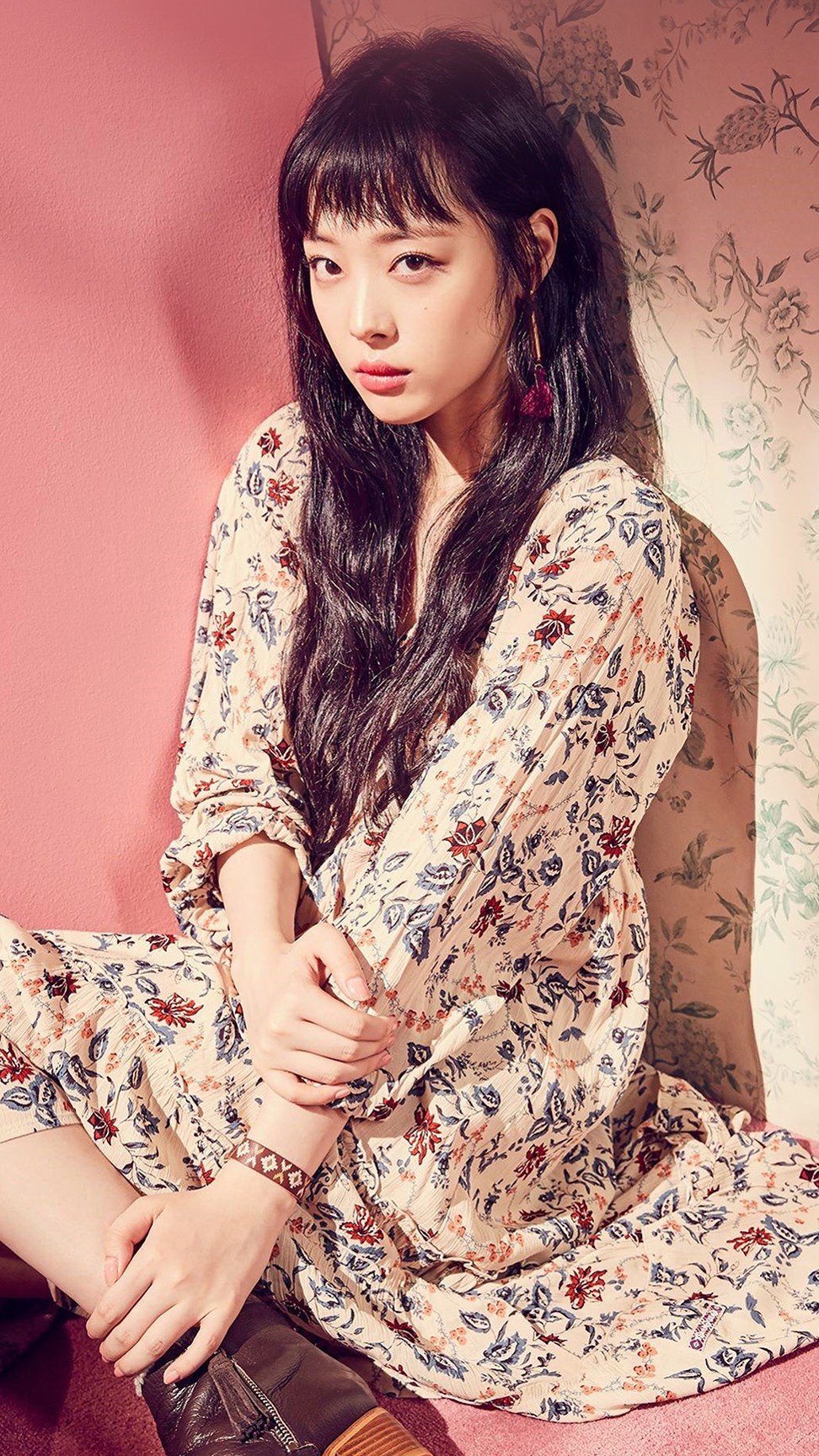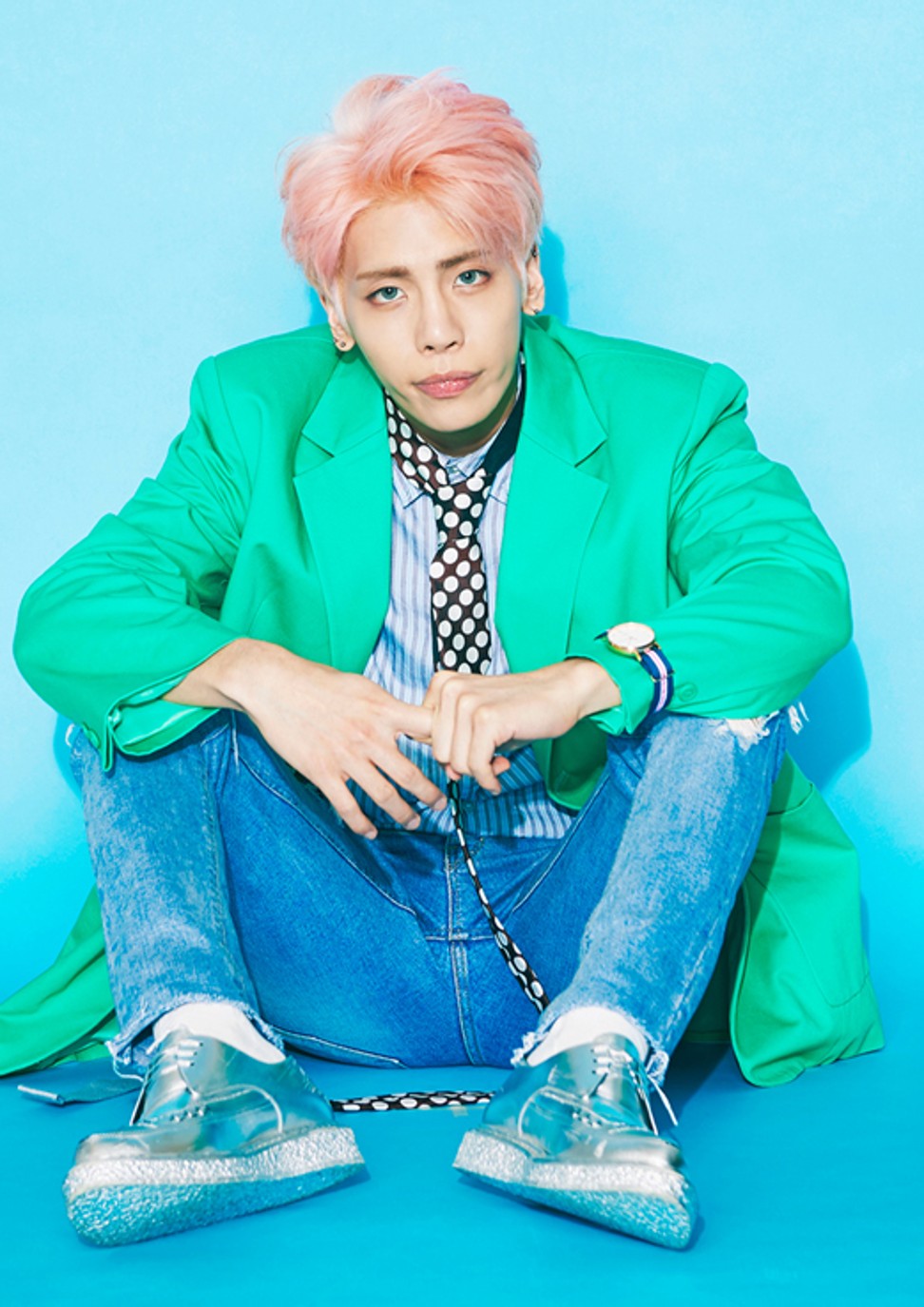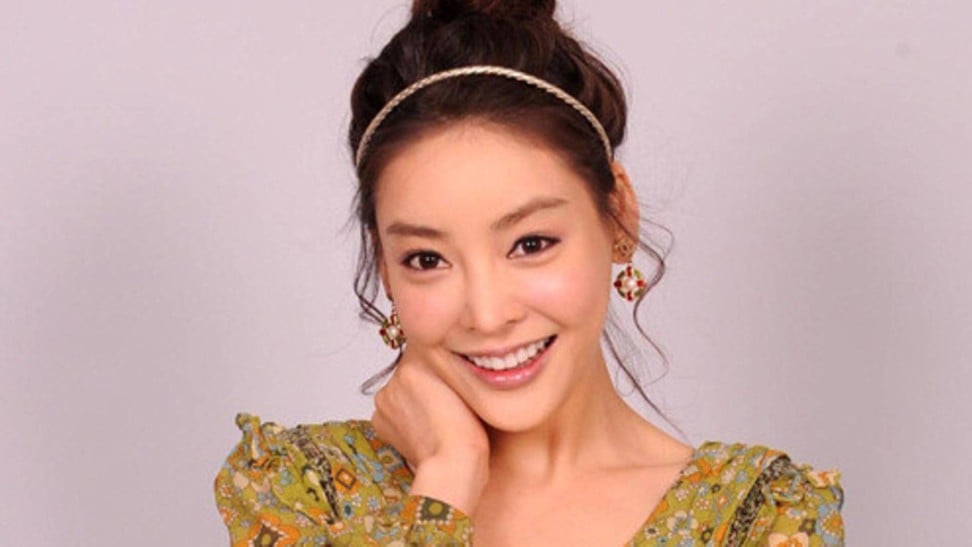
K-pop deaths of Goo Hara, Sulli and Jonghyun leave industry with blood on its hands
- To have three celebrities from the same industry, in the same country, die in less than two years shows that something has gone tragically wrong
- Pressure placed on singers and performers by K-pop industry, and lack of mental health support, has reaped a devastating cost
It’s time to admit it: something is rotten in the world of K-pop.
The trio are of course not the first music icons to commit suicide – Nirvana frontman Kurt Cobain famously died by his own hand in 1994, and more recently we have seen the death by suicide of The Prodigy’s Keith Flint (March this year) and Chester Bennington from Linkin Park (July 2017).
But to have three celebrities from the same industry, in the same country, die in the space of less than two years indicates that something has gone tragically wrong in K-pop.

The pressure the K-pop machine exerts on its stars – particularly women – is immense. It begins the moment they enter training schools as teenagers: they have their mobile phones taken from them, they are cut off from family and friends, forbidden from engaging in normal youthful relationships, and are taught to project a bizarre, conflicting image of both innocence and sexual availability.
And the cost for any transgression – particularly from K-pop’s obsessive sasaeng fans – can be huge.

Sulli and Goo had their private lives examined intensely and both faced barrages of online criticism: Sulli came under fire before her death for hosting a live drinking party on Instagram, while Goo had been involved in a legal drama over a sex video allegedly filmed by an ex-boyfriend.
After one member uploaded a video of himself having sex with a woman who had clearly passed out, Choi commented: “Wait. She is fainted. I want to see her alive.” Jung’s only comments were “You raped her” and a laughing emoji.

We may never know what support Goo was offered after her first suicide attempt in May. But it is perhaps telling that the first news we had of the star in six months came just two weeks ago, when her management attempted to relaunch Goo’s career with a low-key, Japan-only tour and single release.
This suggests that her team’s top priority was to get her back on stage and making money instead of helping her deal with the issues that pushed her to try to take her own life in the first place.

Considering the rumours that have long circulated about the sexual abuse of young starlets in South Korea’s entertainment industries, it’s surprising that the death toll isn’t even higher. Remember that in 2009, 29-year-old actress Jang Ja-yeon died by suicide after leaving a note that said she’d been forced to sleep with more than 30 prominent men. And in 2013, the CEO of Open World Entertainment, Jang Seok-woo, was jailed for sexually abusing 11 female trainees.
It could also be argued that many K-pop fans bear some responsibility for the spate of suicides, by shaming and blaming the victims online instead of calling for those who have harmed them to be held to account.
In the deaths of these young women, we are now witnessing the devastating cost of the pressure placed on South Korean celebrities and the lack of mental health support in a country with the highest suicide rate among rich nations.

Until the K-pop industry lives up to its obligation to safeguard the mental health of its stars, and stop presenting them as factory-made moneymaking objects whose bodies can be treated like commodities in patriarchal South Korea, it will continue to have blood on its hands.
Adam Wright is the entertainment editor of the South China Morning Post
If you, or someone you know, are having suicidal thoughts, help is available. For Hong Kong, dial +852 2896 0000 for The Samaritans or +852 2382 0000 for Suicide Prevention Services. In the US, call The National Suicide Prevention Lifeline on +1 800 273 8255.

